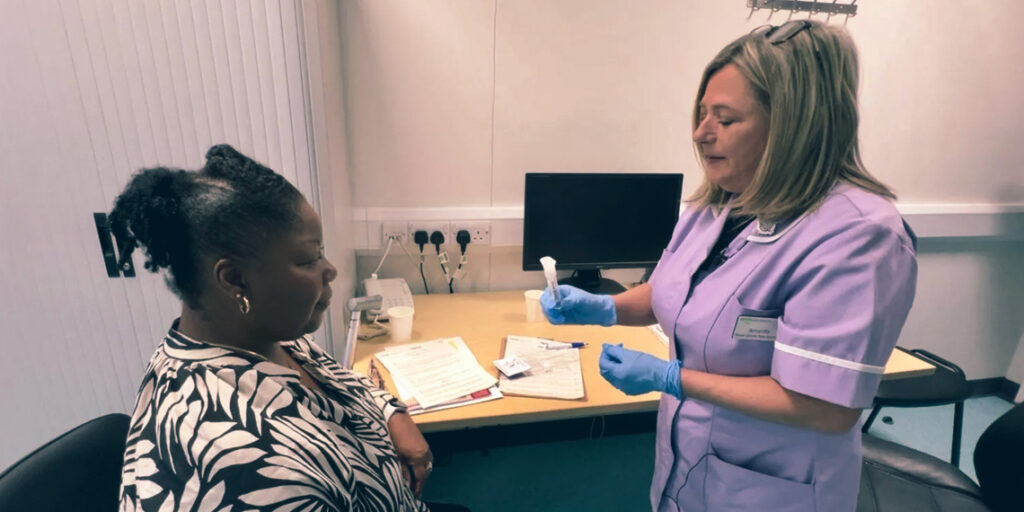Members of Yorkshire’s black communities are being encouraged to contribute their DNA to an NHS database to help advance medical research.
Experts from the Leeds-based National Institute of Health and Care Research (NIHR) Bioresource Centre are calling for more diverse participation to ensure future treatments are effective for everyone.
Currently, the NIHR database contains DNA samples from about 300,000 individuals.
However, researchers highlight the need for more samples from African-Caribbean backgrounds to create a dataset that truly reflects the UK’s population diversity.
According to Prof. Sinisa Savic, clinical director at NIHR Bioresource Centre Leeds, representation from all communities is crucial to ensure equitable medical advancements. While humans share many genetic similarities, variations across racial groups can influence how effective certain treatments are.
Prof. Savic stressed that discoveries made using data from Caucasian participants might not always translate seamlessly to other racial backgrounds.
People can donate blood or saliva samples to the database. Personal details are removed before samples are processed, ensuring donor privacy.
Bernadette York, a Leeds resident who recently donated a saliva sample, acknowledged that some individuals may harbour doubts about participating in such studies.
However, she encouraged others to look to the future, saying, “We need to do this for the benefit of our children and future generations.”
Senior research nurse Delapo Ajayi from Leeds Teaching Hospitals NHS Trust reassured potential donors about the security of the research process, stating that significant improvements have been made to protect participants’ data.
The Leeds Black Health Initiative, a charity dedicated to addressing health inequalities in black communities, is actively promoting the project.
Tashi Brown from the initiative emphasised the importance of inclusive medical research, noting that greater participation would lead to medications and interventions that are better suited for everyone.
By taking part, donors contribute to building a more comprehensive understanding of how treatments work across different genetic profiles, ensuring that medical advancements benefit all communities equally.


